In the end, Ruth Nolan’s Ruby Mountain is a collection that sings to the landscape of life, through the landscape of life. Her voice is the Wildrose Canyon, the red tailed hawk and his pretty hills, Eagle Mountain, the Badlands blue dragonflies and April’s endless sky. But everything has its season, and life always and inevitably moves into loss. Above all else, these poems keen like widows at windows. They haunt the edges of grief. They are their own ghosts.
–Jill Alexander Essbaum, author of Hausfrau and Necropolis
Ruby Mountain is a striking collection of spirit-poems, a testimony of love, for oneself, others, and for the ragged landscapes of home– in this case, the sexy badlands of California’s sweltering Inland Empire and Mojave Desert. Nolan’s poems are searing snapshots of the lives, psychology, and emotional terrains we navigate, in the name of survival, sanity, and community. Each poem is a beacon in the desolate spaces, those quiet moments, when we find ourselves contemplating our own purpose.”
–Tim Z. Hernandez, author of Manana Means Heaven
In Ruby Mountain, poet/activist Ruth Nolan takes us on a dusty, smoky, and at times surprisingly sensual car ride through the California desert. You’ll make a stop at the Berkeley Marina but the focus is on the dry and the dislocated. Forgotten histories, foreclosures, burials, and shrines drift across the pages of this thoughtful collection, that beautifies an oft neglected landscape as it educates us about its flora, fauna, and peoples. We make a stop at a town called Searchlight, which is itself an apt metaphor for the book as a whole, which shines a light on a threatened fragile ecology, hoping to serve as a beacon for understanding and change.
–Stephanie Barbe Hammer, author of The Puppet Turners of Narrow Interior and Sex With Buildings
“The desert is an ocean of longing for love,” writes Ruth Nolan, and the poems in Ruby Mountain ache with that longing, glow with that longing. Like the desert, these poems hold both “the agony of drought” and “the swagger of flash flood”—they are sexy and mystical and painful, steeped in history and lore and deeply lived experience. Nolan’s words carve a space in the reader as vast and gritty and majestic as the desert, itself—she reminds us that the desert has existed long before us, that it will exist long after us, but we have a place within it, too. “In the desert, you are lost and you are found,” she writes. This book has the same effect. It is a night long mourning ceremony; it is the pretty, pretty hills.
–Gayle Brandeis, author of The Book of Dead Birds

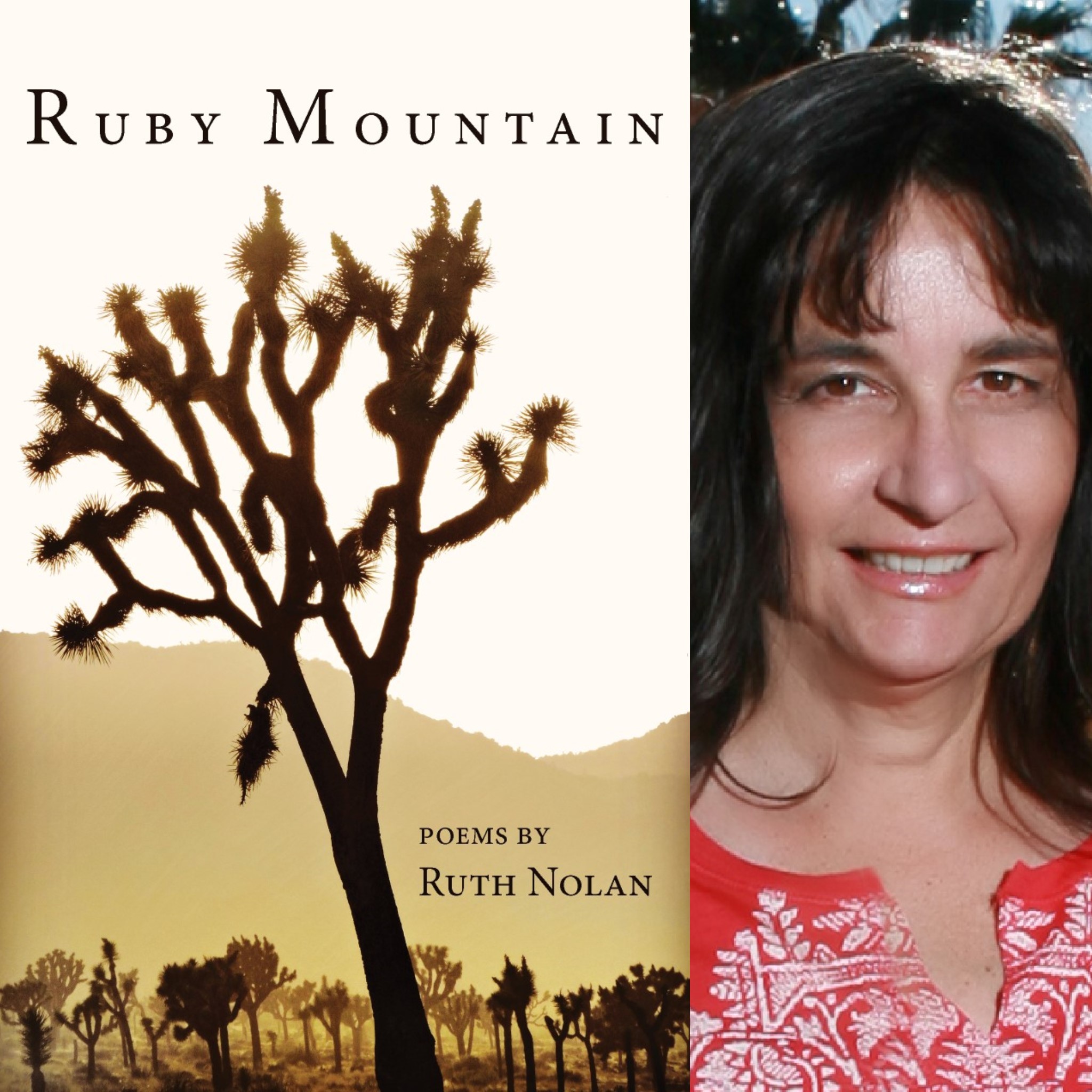
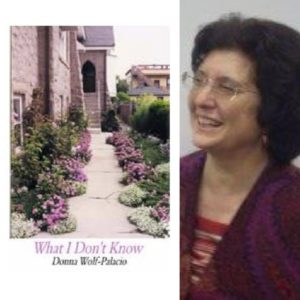
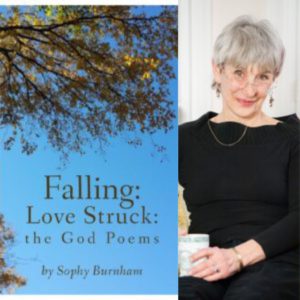
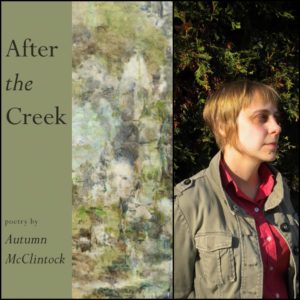
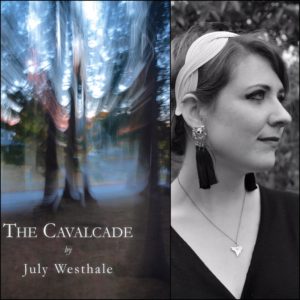
Reviews
There are no reviews yet.